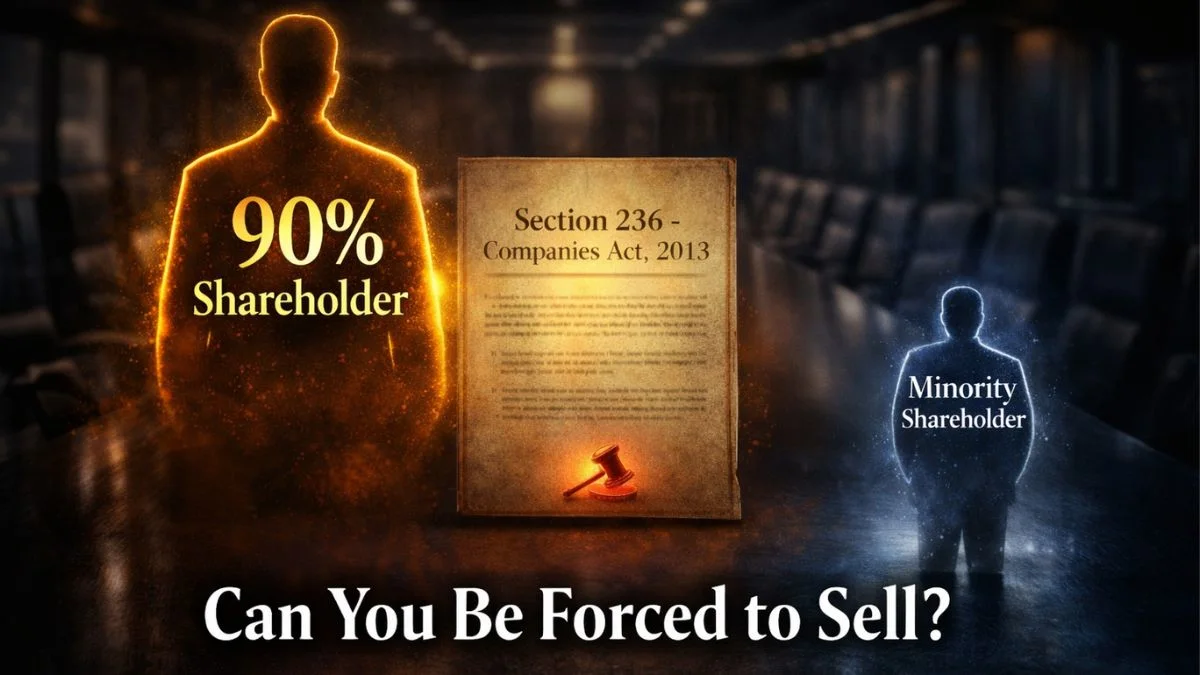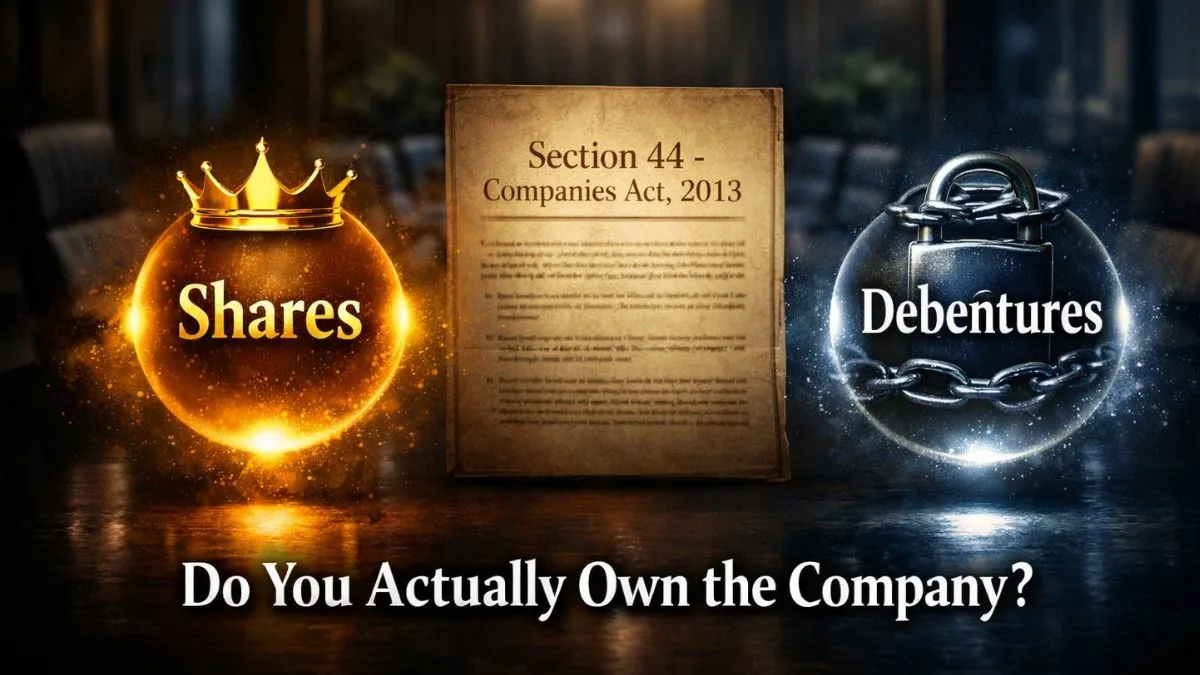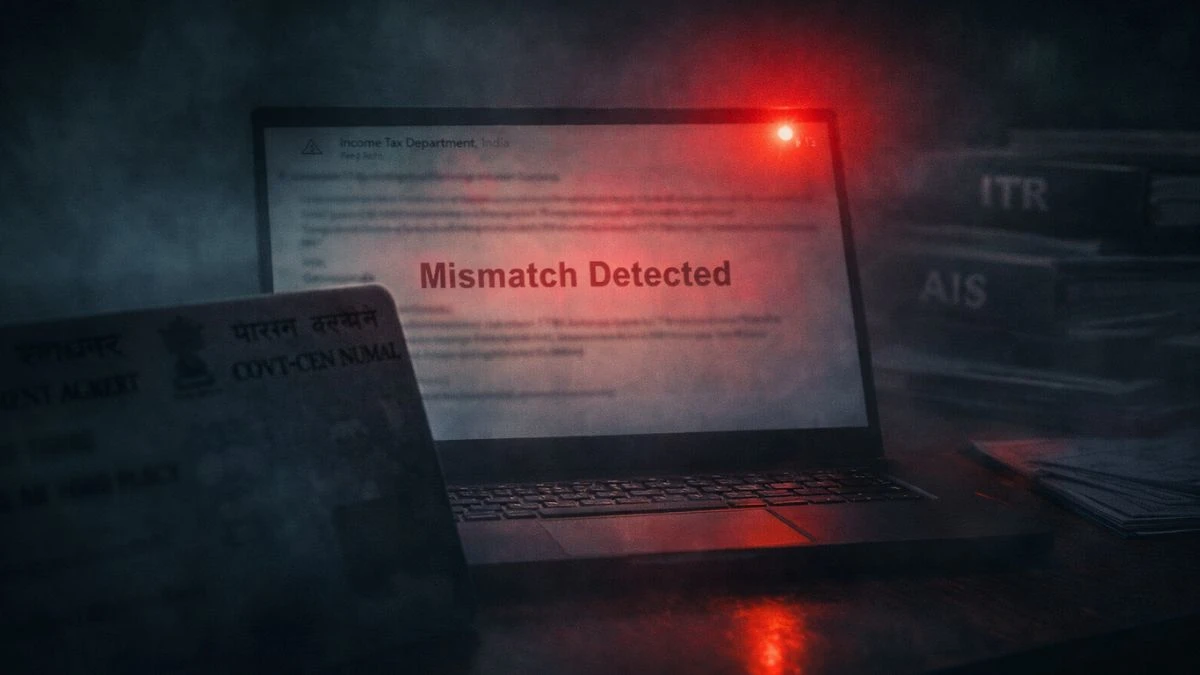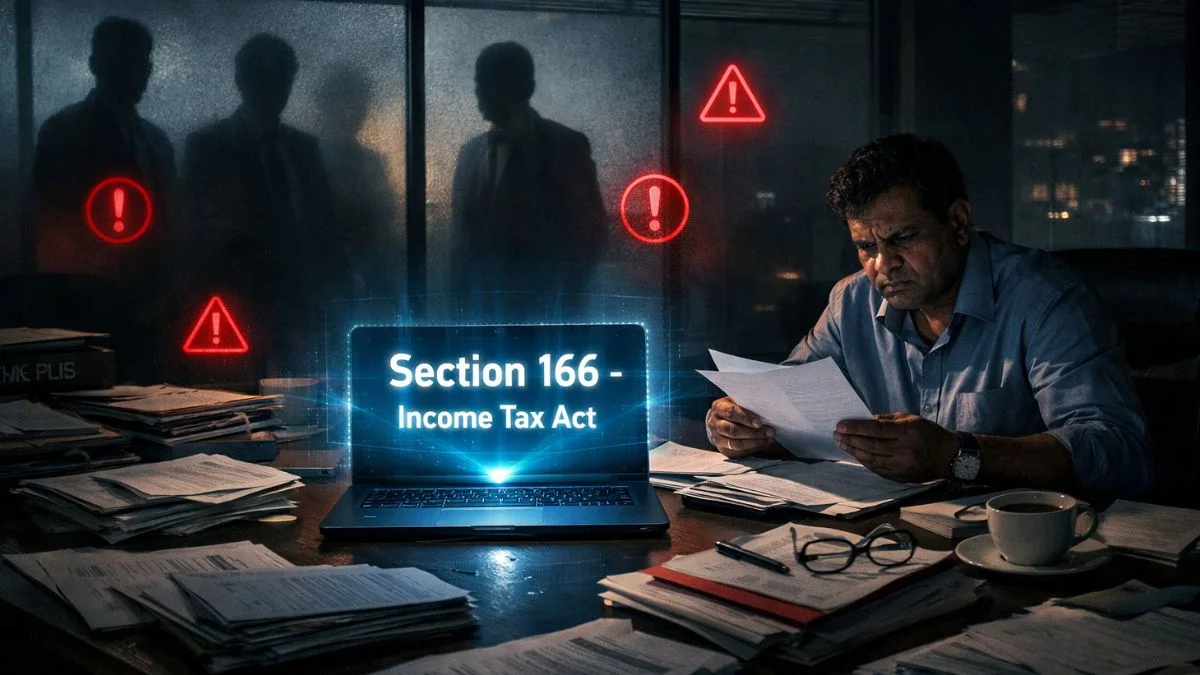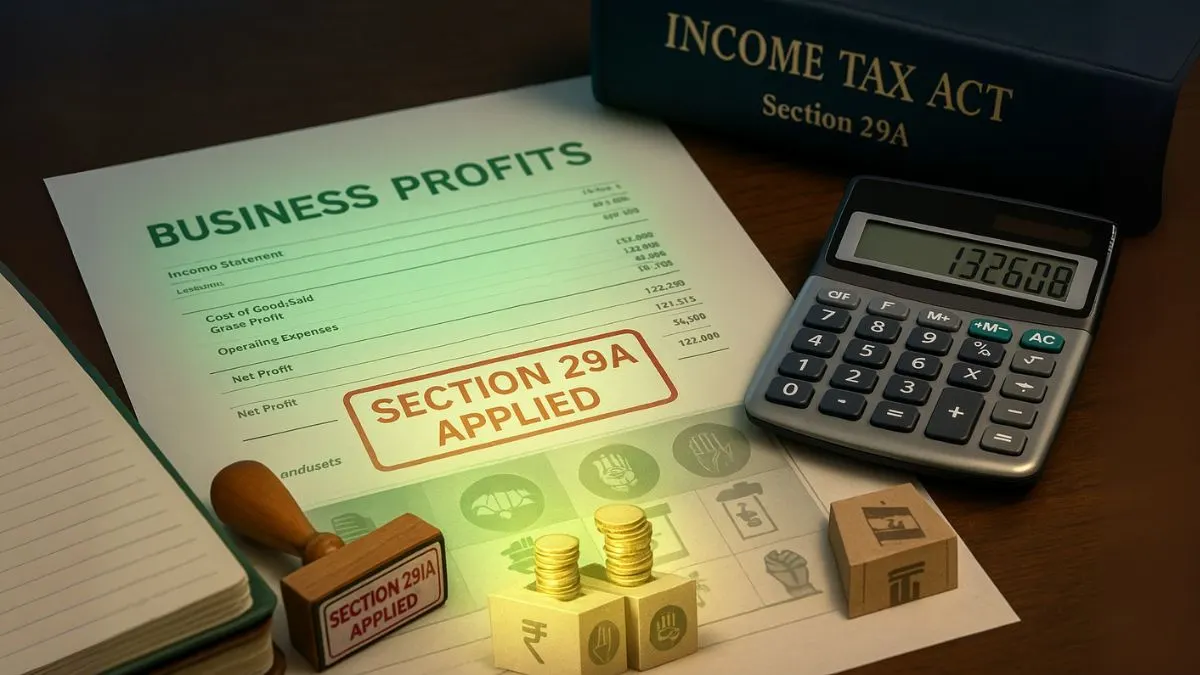
When it comes to the regulation of political parties in India, compliance under both the Income Tax Act and the Representation of the People Act plays a vital role. Political parties are not just organizations of public influence; they are entities that must operate within a framework of law, transparency, and accountability.
Section 29A of the Income Tax Act is one such important provision. It connects taxation, political funding, and electoral regulations by mandating how associations & bodies register with the Election Commission of India (ECI) as political parties. It also links with provisions that ensure proper disclosure of income and donations, primarily to prevent misuse of tax benefits and to regulate political finance.
In this blog, we will explore the meaning, purpose, and compliance requirements of Section 29A, the role of the form of certificate to be furnished along with the return of income, and how Section 4 of the Act is connected with these rules.
What is Section 29A of the Income Tax Act?
Section 29A deals with the registration of associations and bodies as political parties with the Election Commission of India. Any association that wants to avail benefits under the Income Tax Act, such as exemption from paying tax on voluntary contributions, must be recognized and registered under Section 29A.
In simple terms:
- If a body wants to be treated as a political party under tax laws, it cannot just call itself a party."
- It must apply to the Election Commission of India under Section 29A & obtain official registration.
- Only then can it claim tax benefits & exemptions available to political parties.
Registration with the Election Commission
The registration process under Section 29A requires political associations & bodies to formally apply to the Election Commission of India.
The key steps include:
- Application Submission – An association must submit an application to the ECI within the stipulated time.
- Documentary Evidence – It must include the party’s constitution, list of office bearers, membership details, and a clear declaration of objectives.
- Compliance with Section 29A – Registration is only granted if the association satisfies conditions prescribed under law.
This process is not just about recognition; it is also about accountability. Once registered, political parties must follow additional compliance rules under the Income Tax Act to maintain their exempt status."
Also Read: Tax Exemptions for Political Parties
Importance of Registration under Section 29A
The requirement for registration with the Election Commission under Section 29A ensures:
- Transparency in Political Funding – Only recognized parties can collect donations in a structured manner.
- Eligibility for Tax Benefits – Contributions to registered political parties can qualify for donor deductions under Section 80GGC or 80GGB.
- Regulation of Electoral System – Prevents misuse of voluntary contributions by unregistered associations posing as political groups.
- Credibility and Public Trust – Registration brings legitimacy & ensures accountability in financial transactions.
Without Section 29A compliance, political groups would lose tax exemptions & donor contributions would not qualify for deductions.
Link Between Section 29A and Income Tax Returns
Another important aspect of compliance is the form of certificate to be furnished along with the return of income.
Political parties, while filing their income tax return, must submit:
- A certificate from a qualified auditor confirming that all contributions & expenses have been properly accounted for.
- Proof of compliance with Section 29A registration requirements.
This ensures that political parties are not just registered but also continuously compliant in their financial reporting.
Section 4 and Its Connection
Section 4 of the Income Tax Act deals with the charge of income tax. For political parties, exemptions are available under Section 13A, provided they comply with Section 29A registration.
In simpler words:
- Section 4 imposes tax on income.
- Section 13A exempts income of political parties from taxation.
- But to claim this exemption, compliance with Section 29A registration is mandatory.
Thus, Section 29A acts like the gateway. If a party fails to register, it loses the exemptions under Section 13A & is taxed like any other organization."
Also Read: Company Donations to Political Parties: Rules, Tax Benefits, and Compliance
Compliance Requirements for Political Parties
To maintain compliance with Section 29A and related provisions, political parties must:
- Stay Registered – Continuously maintain valid registration with the Election Commission.
- File Annual Returns – Submit income tax returns along with the prescribed form of certificate.
- Audit Reports – Get accounts audited by a chartered accountant.
- Donation Transparency – Maintain clear records of donations, especially those above ₹20,000, which must be reported.
- Avoid Cash Donations – Political contributions in cash above ₹2,000 are disallowed for tax benefits.
These requirements not only ensure transparency but also protect parties from scrutiny & penalties.
Why Section 29A Matters for Political Donations
Political funding in India is often criticized for lack of transparency. Section 29A creates a formal system where only registered political parties can claim benefits, and donations to such parties are eligible for deductions.
This means:
- Donors feel secure knowing their contributions are going to recognized entities.
- The government can track the flow of funds.
- Political parties have to adhere to higher financial discipline.
Challenges and Criticism
While Section 29A strengthens transparency, there are challenges:
- Compliance Burden – Smaller parties struggle to meet all compliance requirements."
- Loopholes in Disclosure – Critics argue that even registered parties sometimes underreport donations.
- Electoral Bonds Debate – While Section 29A regulates registration, debates continue about the transparency of actual political funding.
Practical Example
Suppose an association of professionals forms a group & decides to contest elections. Merely collecting contributions and calling itself a "party" does not grant it tax exemptions. Unless it registers with the Election Commission under Section 29A and files the required certificate along with its return of income, its funds would be taxed as income.
FAQs on Section 29A
Q1. Who can register under Section 29A?
Any association or body of individuals intending to function as a political party.
Also Read: Received a Notice for Political Donations? Here's What You Must Know
Q2. Is registration compulsory to claim tax benefits?
Yes, without Section 29A registration, political parties cannot claim exemption under Section 13A.
Q3. What is the role of the form of certificate?
It certifies compliance and is filed along with the return of income to validate the exemption.
Conclusion
Section 29A of the Income Tax Act is an essential provision that connects taxation, political donations, and electoral transparency. By mandating registration with the Election Commission of associations & bodies as political parties, it ensures that only genuine parties enjoy tax exemptions. Compliance through the form of certificate to be furnished along with the return of income further strengthens accountability.
In short, Section 29A acts as the foundation for tax benefits to political parties, linking back to Section 4 of the Act & reinforcing transparency in India’s democracy.
💡 Want expert guidance on political party taxation, compliance, and donor benefits?
Visit Callmyca.com to connect with trusted professionals who simplify taxation and compliance for you.

